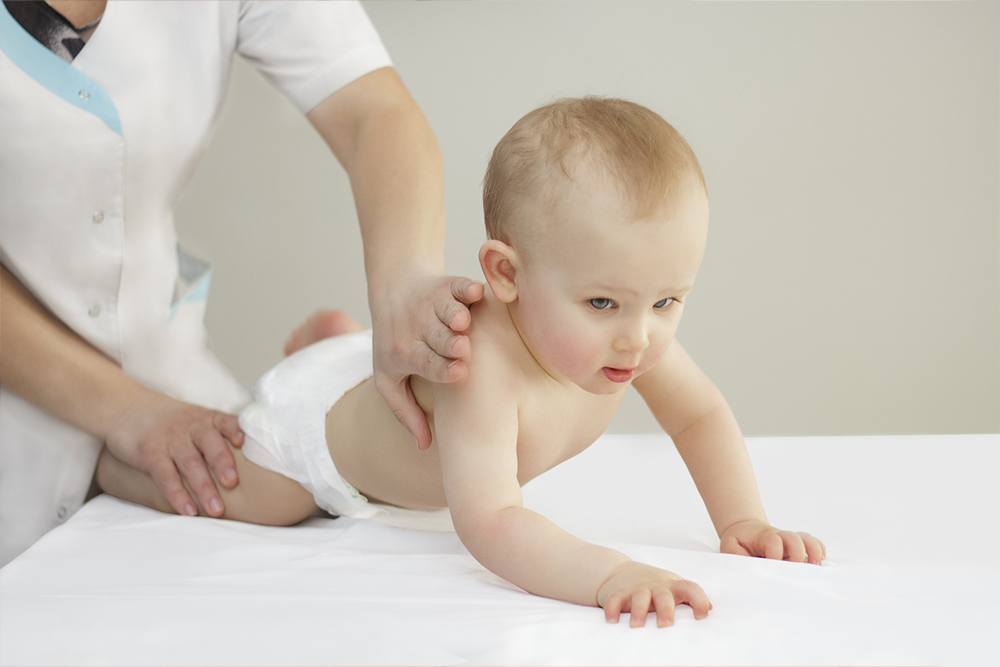RSV in babies – Signs and ways to prevent it

Respiratory Syncytial Virus, or RSV, is a virus that can lead to severe respiratory infections and illnesses, especially in children. In fact, the virus has even been found to be the most prevalent cause of hospitalization in children. This is why it is crucial for parents and caregivers to be aware of the common signs of RSV infections in babies. Likewise, it is also important to know how an RSV infection can be prevented.
Signs of RSV in babies
Usually, the signs and symptoms of RSV infections begin showing after about four to six days of getting infected.
- Runny nose
Since RSV affects the respiratory system, a lot of the signs of its infection in babies are similar to those of a common cold. A runny nose is one of the most common signs of an RSV infection in babies . One may also notice the babies having nasal congestion.
- Fever
Just like in the case of a cold, babies may have a fever due to an RSV infection as well . The fever may be low-grade when the infection is in its early stage . But if one notices their baby having a high fever, it could be a sign of the infection getting more severe.
- Coughing
Due to an RSV infection, babies can also keep coughing. This persistent cough can be either dry or wet.
- Loss of appetite
Along with the symptoms of a cold, a common sign of RSV infection in babies is a decrease in their appetite. One may notice the babies being fussy or irritable and refusing to eat.
- Unusual breathing pattern
When an RSV infection becomes too severe, it can begin affecting the lower respiratory tract of babies. In that case, one may notice unusual breathing patterns in the infants. This may include faster breathing, flaring of their nostrils when breathing, and caving in of their chest when breathing. One may also notice wheezing in babies, which is a high-pitched sound made when exhaling .
Why is it important to protect babies from a serious lung infection caused by RSV?
RSV infections pose a risk of severe complications and respiratory issues, such as bronchiolitis and pneumonia. As per experts, the chances of RSV infections leading to these complications are higher in younger children. Infants under one year of age and premature babies are at a higher risk of such complications, making it important to take the necessary preventive measures.
How to prevent RSV infections in babies
- Practice hand hygiene
To keep babies protected from RSV infections , it is crucial for everyone in the house to practice hand hygiene. Individuals returning from a school or daycare , particularly, need to wash their hands well.
- Keep babies away from those who are unwell
RSV is highly contagious and can spread via sneezing or coughing. So, it becomes crucial to avoid letting babies come in contact with individuals showing signs of a cold and flu.
- Clean the surfaces in the house
Along with hand hygiene, it is also important to regularly clean all the hard surfaces in the house and keep them disinfected.